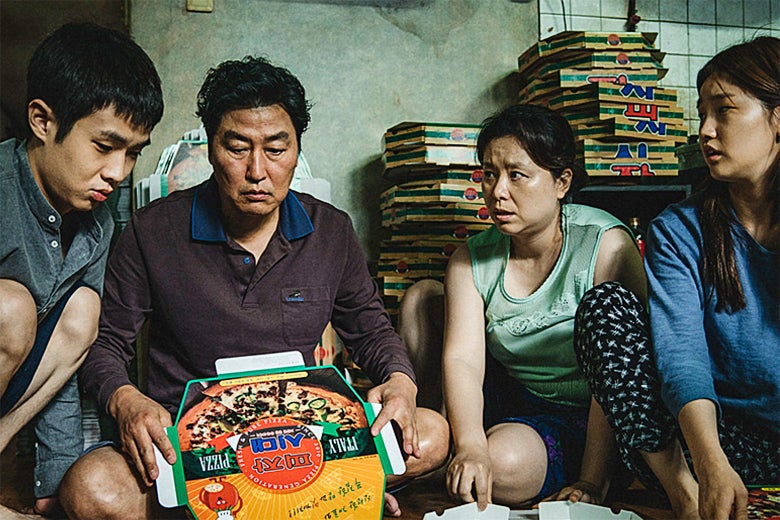Although director Boon Joon-Ho isn’t a household name in the United States, his latest film “Parasite” is praised internationally by moviegoers for its masterful portrayal of socioeconomic inequality and classism through gorgeous cinematography and compelling acting.
Joon-Ho established himself as a South Korean director by creating masterfully crafted movies such as the renowned thriller “Snowpiercer” and the cult classic horror movie “The Host,” which went on to become some of the highest-grossing movies in the country’s history.
According to an interview in the Atlantic, Joon-Ho sought to continue expanding his horizons as a filmmaker with “Parasite,” a film focused on the theme of a poor family infiltrating a rich family and leeching off them in a parasitic relationship.
As an adolescent, Joon-Ho worked tutoring a wealthy family in South Korea where he felt he didn’t belong amongst them. He imagined what it would be like if the tables turned and he and his friends were somehow able to sneak into the house and the lifestyle of their rich counterparts. Essentially, Joon-Ho uses this allegory to tell his story.
The film starts by introducing the audience to the Kim family, who struggle to make ends meet while living in a basement. Together they fold pizza boxes and beg for meager-paying side jobs.
The plot kicks into action when the Kim family’s son Ki-Woo is given the opportunity to take his affluent friend’s place tutoring the daughter of the wealthy Park family.
Without experience or a degree, he gets the job from the eccentric and gullible rich mother of the family, Yeon-Kyo, and devises a plan to escape poverty by exploiting the Parks and invading their hilltop mansion and their lives by getting rid of their caregivers and getting his family hired in their place.
Joon-Ho sets up the first half of the movie to feel like a comedy so as to exemplify the differences between the Kims and their wealthy counterparts. The dialogue is intentionally light and comical, emphasizing the Parks’ disdain for the poor and calling into question why they deserve to hold so much power in society. The color palette is vibrant and the cinematography is expertly framed. The movie is captivating as we observe the family plan out how they will execute their plan with the precision of a high-stakes, “Mission Impossible” action flick.
Everything changes in the second half of the movie. After a catastrophic, life-changing discovery, the tone of the movie becomes grave and morbid. As the Kim family begins to descend morally and make risky decisions, the setting changes primarily to nighttime, incorporating somber colors. Dialogue becomes tense and serious. As the family’s plans begin to unravel and the tension builds to its climax, blood is spilled in the midst of a truly twisted and captivating ending that reinforces how impossible it was for the Kims to escape their lowly economic status.
However, as masterfully crafted as the film is, it’s not for everyone.
In terms of pacing, this movie is a very slow burn at first. The process of the Kims’ executing their plan to invade the Parks’ home may be masterfully acted and filmed, but the impatient viewer may feel the setup takes too long.
Given how the film reflects the values and traditions of a culture outside our own, there are some references that will go over the heads of a Western audience not accustomed to watching South Korean cinema. For example, an early scene of Ki-woo and his father reading a script and planning their dialogue is meant to be humorous because the father is a renowned Korean actor, but most Westerners wouldn’t know that. Also, many of the violent and twisted themes that are common to South Korean movies may leave a different impression on a Western audience not accustomed to these motifs.
Yet, this film is nothing short of spectacular in spite of this. The intersection of standout acting by the Kim family, beautiful cinematography throughout and an intricately planned-out story will consecrate “Parasite” as a highlight film of the year.




